In the past few days, a full-blown media and political offensive has been launched in Sofia targeting Hungarian Prime Minister Viktor Orban. Behind it lie a draft European Parliament report and sensitive national issues related to North Macedonia.
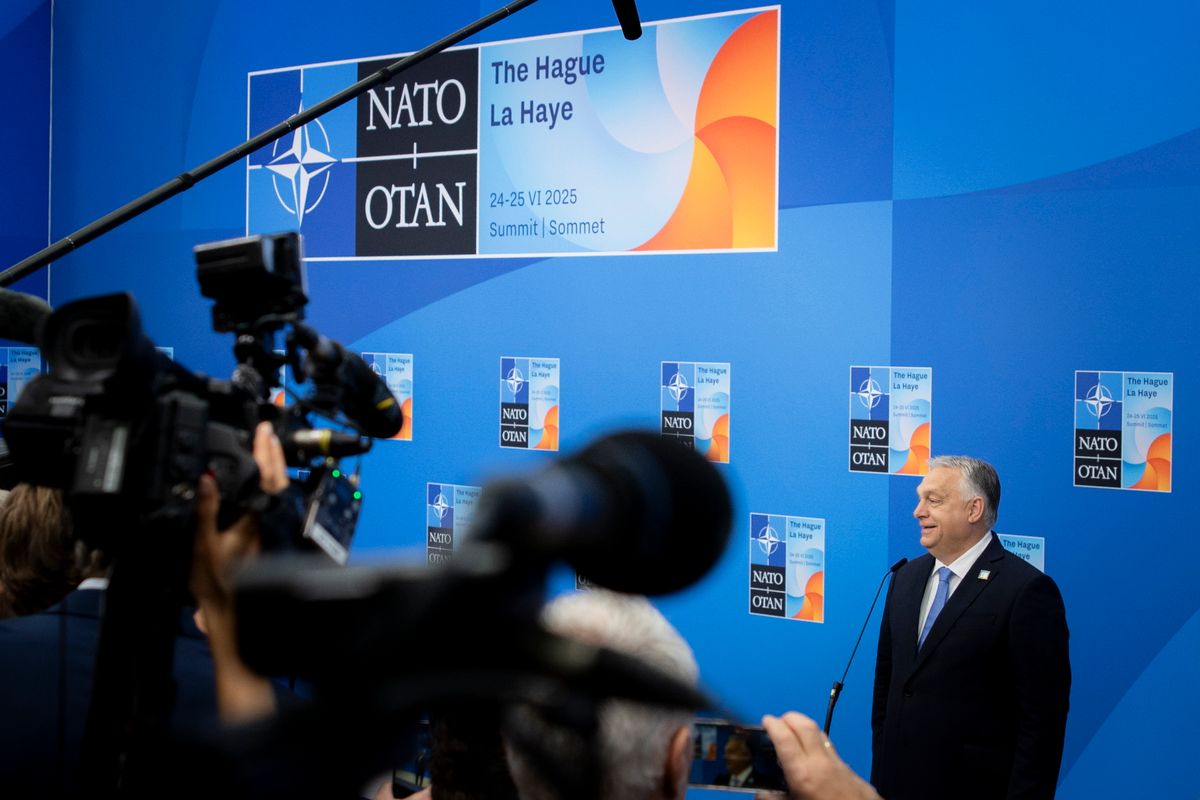
Tensions flared around a draft report adopted by the European Parliament that praised North Macedonia’s progress toward EU membership. The Foreign Affairs Committee approved the document with 40 votes in favor, 19 against, and 10 abstentions. Bulgarian sensitivities were particularly inflamed by the fact that a proposed oral amendment from the EPP, which aimed to provide a modern definition of "Macedonian language and identity", was not included in the final text. Major political groups, including the EPP, S&D, Renew Europe, and the Greens, have stated that they will submit the amendment in writing for the full plenary session.
Since the autumn of 2020, Sofia has blocked its western neighbor’s accession talks, demanding that Skopje include a reference to the ethnic Bulgarian minority in its constitution—a condition previously accepted by the former neoliberal North Macedonian leadership. However, the current Mickoski government rejected the demand, saying it would only consider constitutional amendments if Bulgaria first approved North Macedonia’s EU accession.
Leaked conversations suggest that Mickoski spent large sums lobbying in Brussels and even bragged about having advance knowledge of the report’s content.
Amid the fallout, political accusations began flying in Sofia. Radan Kanev, MEP for the neoliberal "We Continue the Change–Democratic Bulgaria" alliance, claimed on Facebook that three Fidesz MEPs voted against Bulgaria’s interests.
Viktor Orban’s MEPs blocked the amendment serving Bulgarian interests,
Kanev wrote.
Former Bulgarian constitutional court judge Georgi Markov, who now lives in Hungary, responded to the allegations, saying
Kanev must have suffered heatstroke and he’s treating Bulgarians like idiots.
He added that several Bulgarian MEPs had previously voted in favor of launching Article 7 proceedings against Hungary: "They were silent like fish in water, when Brussels was trying to strip Hungary of its voting rights."
Markov pointed out the irony of the current criticism, given that just six months ago, Orban played a key role in helping Bulgaria join the Schengen Area, leveraging the influence of Hungary’s EU presidency.
The scandal also drew in Bulgaria’s nationalist Vazrazhdane (Revival) party. Its leader, Kostadin Kostadinov, spoke in the Bulgarian parliament:
Yesterday, Bulgaria suffered a humiliating defeat. We were brought to our knees for the sake of a small country with no past, a questionable present, and an even more questionable future.
He claimed that North Macedonia’s success came by "paying off" MEPs, and that the final document "only mentions Bulgarians as a formality."
Right now, in North Macedonia, you can get arrested just for saying you are Bulgarian,
he said.
They’ve taken our language, our national identity, and now they’re taking our money too. The Bulgarian government should have resigned immediately yesterday.
Boyko Borisov, leader of the GERB party, tried to de-escalate the situation, saying:
Nothing fatal has happened. The EPP is the strongest party in the EP, and we are doing everything we can to protect Bulgaria's history.
Somewhat sarcastically, he added:
If I were prime minister, this wouldn’t have happened. Can you imagine Viktor turning against me?
Borisov said he personally coordinated with Hungarian Foreign Minister Peter Szijjarto in support of Bulgaria’s position

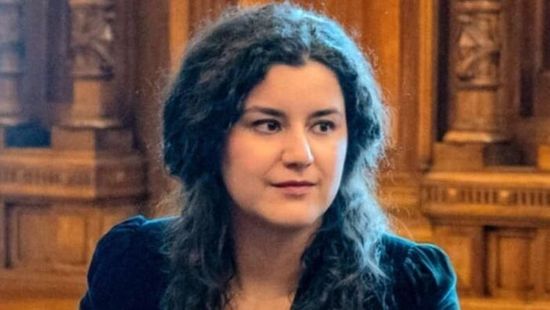
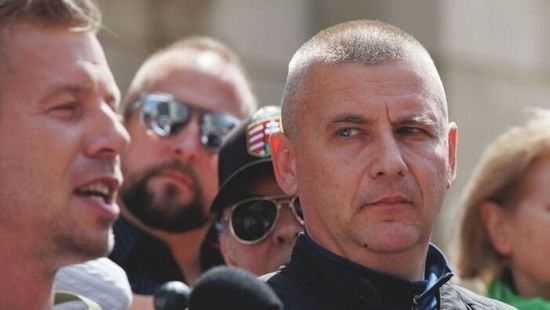
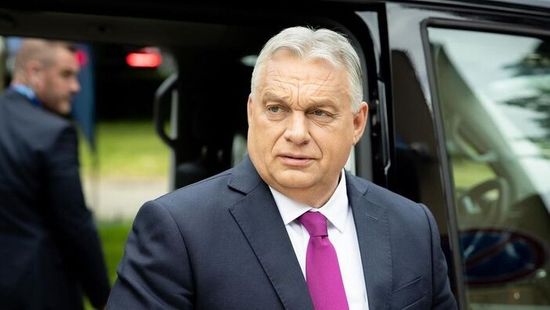
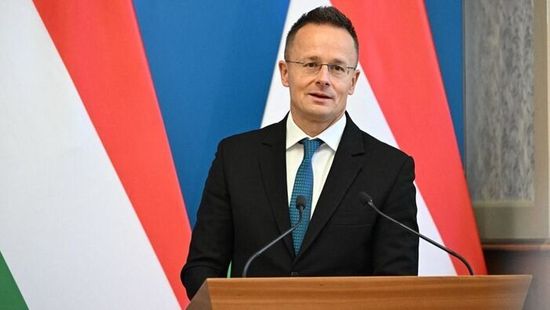




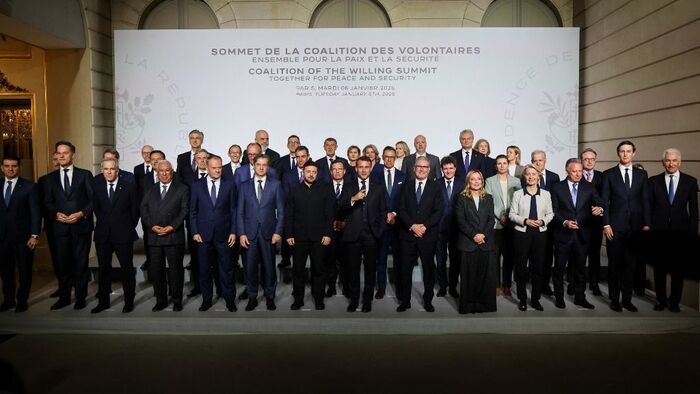




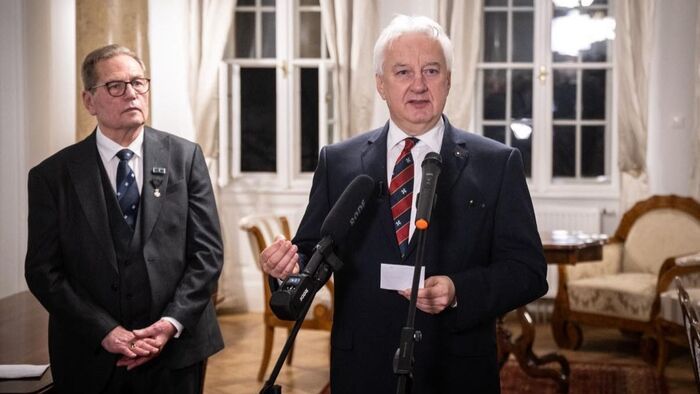
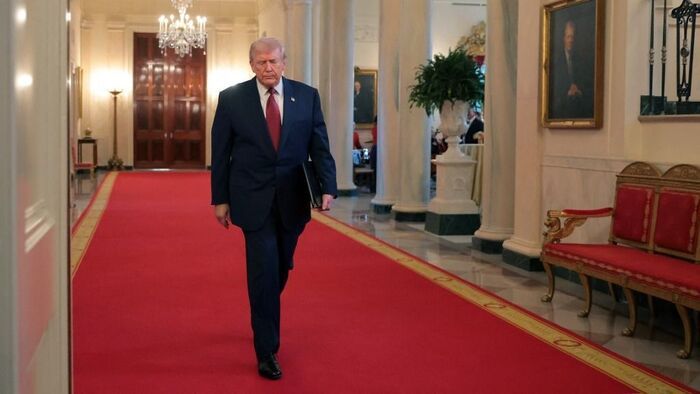
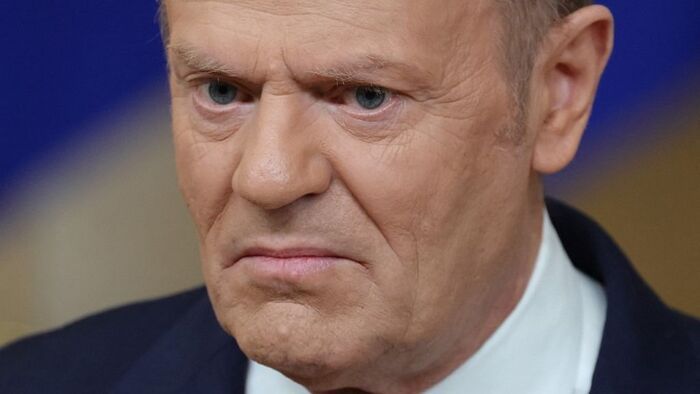




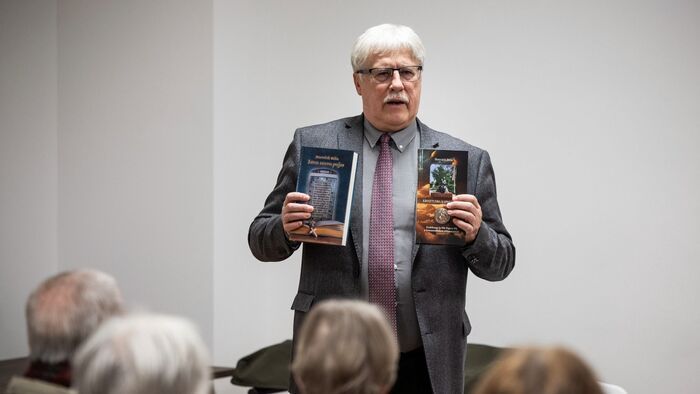

Szóljon hozzá!
Jelenleg csak a hozzászólások egy kis részét látja. Hozzászóláshoz és a további kommentek megtekintéséhez lépjen be, vagy regisztráljon!